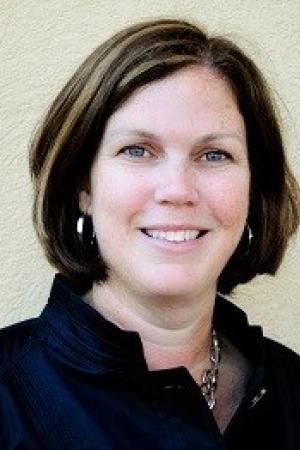People
Kathy Ryder
-
Pronouns: she/her/hers
-
Associate Director of MTSS
Kathy Ryder is a Research Associate at the University of Minnesota's Center for Applied Research and Educational Improvement, supporting the state of Minnesota and districts in implementing Minnesota's Multi-tiered System of supports framework.
M.S.- Specific Learning Disabilities
Director of Special Education Licensure
Integrated Multi-tiered System of Supports Implementation at the state, regional, district and school levels
Improving outcomes for students in need of specialized instruction/special education
Positive Behavior Interventions and Supports
Disrupting system inequities to improve experiences and outcome for all students
Continuous improvement and data-based decision making
Kathy Ryder is a Research Associate at the University of Minnesota's Center for Applied Research and Educational Improvement, supporting the state of Minnesota and districts in implementing Minnesota's Multi-tiered System of supports framework.
With licenses in general education, and special education, and as Director of Special Education and Pupil Services, Kathy has over 30 years of experience as an educator and leader specializing in the training, coaching, and implementing evidence-based practices and frameworks. Kathy began her career as a special education teacher, advocating for and supporting students with specific learning and emotional-behavioral disabilities. She has experience co-teaching in general education classrooms across California, Minnesota, and Wisconsin. She received her Masters at the University of Wisconsin- Eau Claire in Specific Learning Disabilities.
In 2000, Kathy began working with educators and leaders to evaluate and change their system practices, policies, and procedures to improve student experiences and outcomes. She passionately led the Wisconsin Response to Intervention Center, of 30+ employees, in training over 80% of Wisconsin schools in PBIS and MTSS. More than 50% of these trained schools sustained their MTSS/PBIS implementation for more than 3 years resulting in statistically significant improvements in outcomes for students of color and students with IEPs, beginning to close the ever-present access and opportunity gaps.
